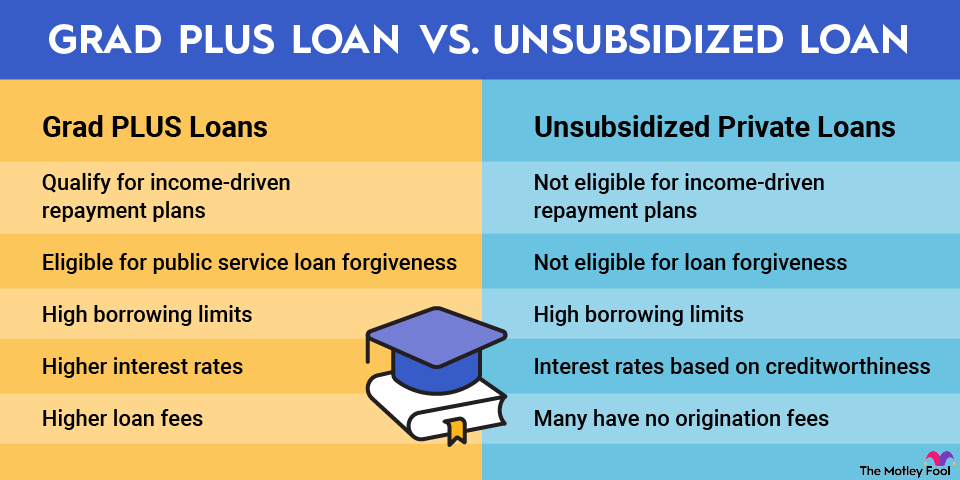What is a Federal Pell Grant?
The Federal Pell Grant is a form of financial aid provided by the U.S. Department of Education. It helps students with a demonstrated financial need afford college.
Academic factors like a high school GPA don't play a role in determining Pell Grant eligibility, making it accessible to anyone who qualifies. However, grant recipients will need to meet a minimum academic standard to continue receiving Pell Grant awards in subsequent school years.
The best part about a Federal Pell Grant is that, unlike a student loan, it typically doesn't need to be repaid. There are a few circumstances that would require the recipient to repay all or some of their grant, like switching programs or changing their enrollment status.
Here's everything you need to know about Federal Pell Grants.

Am I eligible?
Students need to meet the following criteria to be eligible for a Federal Pell Grant:
- A U.S. citizen or eligible non-citizen (i.e., generally a non-citizen enrolled in an eligible degree program).
- An undergraduate student. In some cases, however, a student enrolled in a post-baccalaureate teacher certification program can receive a Federal Pell Grant.
- A student who has yet to earn their first bachelor's, graduate, or professional degree.
- A student with a demonstrated financial need as calculated by the government, based on their expected family contribution and their school's cost of attendance.
In addition, students meeting the following special circumstances are also eligible for a Federal Pell Grant:
- Their parent or guardian was:
- A member of the U.S. armed forces who died while performing military service in Iraq or Afghanistan.
- A public safety officer who died in the line of duty as a result of active service.
- The student was either 24 years old or younger or enrolled in college or a career school at least part-time at the time of their parent or guardian's death.
How do I apply?
Anyone can apply for a Federal Pell Grant by submitting a Free Application for Federal Student Aid (FAFSA) form. The student's school will use this information to determine whether the applicant is eligible for a Pell Grant and the amount they can receive. Students must fill out a FAFSA form each year they're in school to remain eligible for financial aid like a Pell Grant.
How much money could you get with a Federal Pell Grant?
The Federal Pell Grant maximum changes each year. For the 2023-24 school year, the maximum Federal Pell Grant award is $7,395.
However, the amount an eligible applicant receives depends on the following factors:
- The student's expected family contribution (i.e., the index number used to determine the amount of financial aid the student is eligible to receive).
- The cost of attendance as determined by the student's school for their specific program
- Their status as either a full- or part-time student
- Their attendance plans (either for the full academic year or less)
Eligible students can receive a Federal Pell Grant for as many as 12 full-time terms, equivalent to about six years.
How do I receive the money?
The school will receive the Federal Pell Grant money. It will typically apply the grant money toward the student's costs (tuition, fees, and room and board if they live on campus).
If there are leftover funds, the school will disburse this money directly to the student to help cover a portion of their school-related costs like books. The school typically pays the student any extra money once per term.
Related investing topics
How do I maintain the grant?
To maintain their Federal Pell Grant eligibility, students must:
- Remain enrolled in an undergraduate program at a non-foreign school.
- Fill out a FAFSA form each year to remain eligible for federal student aid.
Students can continue receiving the Federal Pell Grant until they earn their first degree (baccalaureate or professional) or have used all 12 terms of eligibility.
Moving forward with a Federal Pell Grant
A Federal Pell Grant is free money to help pay for college and college-related expenses. It costs nothing to apply for the grant. Begin by filling out a FAFSA, which will determine a student's eligibility and the amount of the award. The best part of a Federal Pell Grant is that students don't need to repay it after graduation.
















